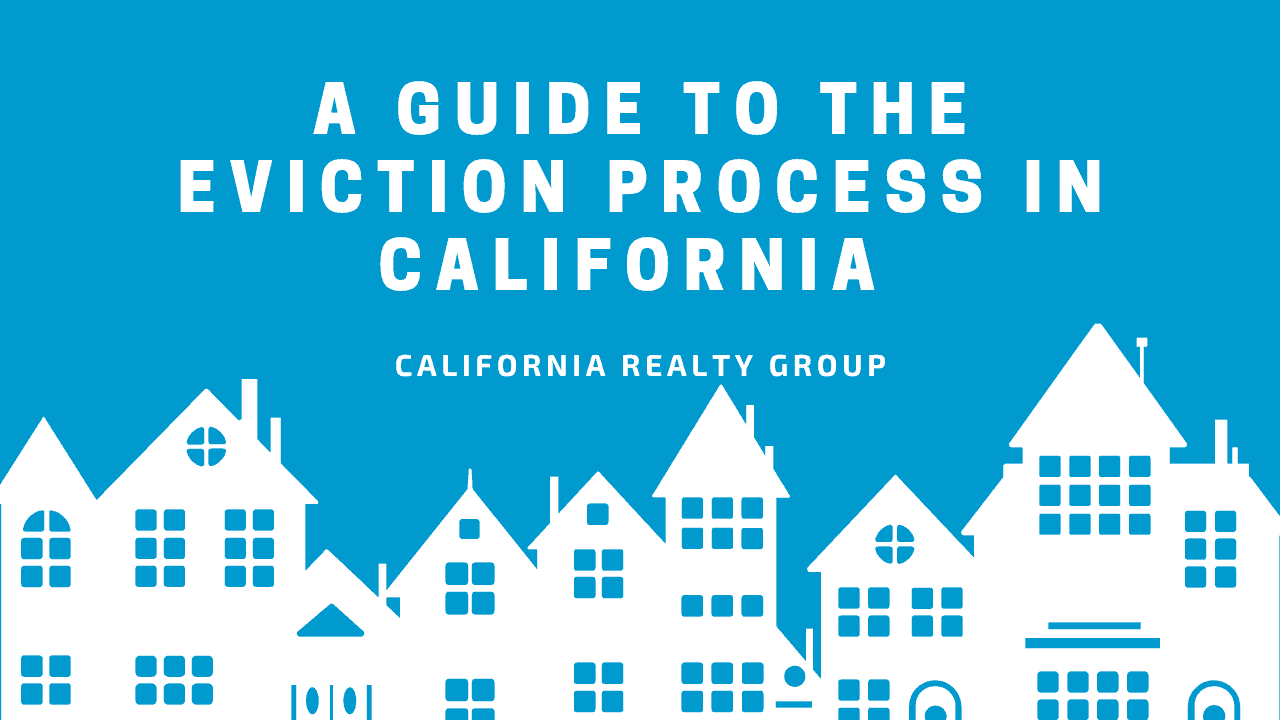
Assembly Bill #12 was introduced to address issues in the rental market, such as the inconsistency in security deposit amounts and the need for clearer regulations to protect both tenants and landlords. It aims to streamline the process, making it fairer and more transparent for all parties involved in rental transactions.
The Importance of Security Deposits
Security deposits are essential in the rental industry, serving multiple purposes for both landlords and tenants. Here’s why they are important:
- Financial Protection for Landlords: Deposits safeguard against damages, ensuring funds for repairs.
- Maintenance Incentive for Tenants: The potential return of the deposit motivates tenants to maintain the property.
- Lease Compliance: It signifies a tenant’s commitment to the lease terms.
- Mutual Respect: Establishes a respectful relationship between landlords and tenants.
Key Provisions of the Assembly Bill 12
While the specifics of Assembly Bill 12 can be complex, its key provisions revolve around several critical areas:
- Deposit Limits: The bill proposes clear guidelines on the maximum amount that can be charged as a security deposit, potentially capping the deposit limit to a certain number of months’ rent.
- Transparency and Documentation: It emphasizes the need for landlords to provide detailed documentation and justification for any deductions from the security deposit, ensuring tenants have a clear understanding of their rights and recourse.
- Dispute Resolution: The legislation aims to streamline the process for resolving disputes over security deposits, possibly including quicker timelines for landlords to return deposits or itemize deductions.

By reducing this upfront cost, the bill aims to make the rental market more accessible to a broader segment of the population.
This legislation also serves as a wake-up call for landlords regarding the management of security deposits. Traditionally, disputes over security deposits have been a common reason for legal action between tenants and landlords, often resolved in small claims court.
With the enactment of Assembly Bill 12, it’s anticipated that there may be an increase in legal challenges, with some lawyers potentially pursuing claims for emotional distress and damages beyond the security deposit amount. This underscores the importance for landlords to maintain meticulous records and manage security deposits with greater diligence.
What’s New on California’s Assembly Bill 12?
The recent enactment of California’s Assembly Bill 12 marks a significant shift in rental security deposit regulations, setting a universal cap at one month’s rent for both furnished and unfurnished units. In the past, however, California landlords could charge up to two months’ rent for an unfurnished unit and three months’ rent for rental units that are furnished.
This recent move aims to standardize and simplify the financial requirements for securing a rental property, offering relief to tenants who previously needed to make higher security deposits. However, military personnel retain their existing exemptions under this law, ensuring that their unique circumstances are considered.

This consideration acknowledges the varied scales of property management and aims to support smaller landlords in maintaining their rental business effectively.
Implications for Tenants
For tenants, Assembly Bill 12 promises greater protection against the arbitrary withholding of security deposits. By setting clear guidelines and expectations for what constitutes normal wear and tear versus damage, the bill seeks to demystify the process and protect tenants from potential financial loss.
Implications for Landlords
Landlords, on the other hand, must navigate the new regulations of the California landlord-tenant law carefully, ensuring their practices comply with the updated legal requirements. This may involve reviewing lease agreements, updating property inspection protocols, and adopting more rigorous documentation processes to justify any deductions from security deposits.
Broader Impact on the Rental Market
Beyond the immediate interactions between landlords and tenants, Assembly Bill 12 has the potential to impact the broader rental market in California. By fostering a fairer, more transparent approach to security deposits, the bill could contribute to a more stable and equitable housing market, benefiting the state’s diverse population of renters and property owners.
Challenges and Controversies
Like any legislative effort, Assembly Bill 12 is not without its challenges and controversies. Critics may argue that the bill imposes undue burdens on landlords, potentially discouraging investment in rental properties.

How Assembly Bill 12 Will Affect the Future of California Real Estate
As Assembly Bill 12 moves through the legislative process, it will undoubtedly be subject to further debate, amendment, and interpretation. Stakeholders from across the housing sector, including tenant advocacy groups, landlord associations, and legal experts, will play a crucial role in shaping the final contours of the bill.
Why You Should Hire a Professional Property Management Company
Engaging the services of a professional property manager becomes increasingly advantageous with the introduction of new legislation like California’s Assembly Bill 12. These professionals are well-versed in the latest legal requirements, ensuring that rental properties are managed in compliance with current laws.
They adeptly handle security deposits, from collection to potential deductions and returns, mitigating legal risks for landlords. Moreover, property managers are skilled in dispute resolution, preserving the landlord-tenant relationship.
Their expertise extends to maintaining properties, ensuring they meet legal and safety standards, thus providing peace of mind for property owners.
Bottom Line
California Assembly Bill 12 represents a critical step toward addressing the challenges of security deposits in the rental housing market.
By striving for a balance between protecting tenant rights and ensuring landlords have the necessary tools to safeguard their properties, the bill embodies the ongoing efforts to make California’s housing market more accessible, fair, and transparent.
As the state continues to strive for housing affordability and quality, legislation like Assembly Bill 12 will be important in shaping the future of rental housing. For assistance, contact California Realty Group.
Disclaimer: Please note that the information provided in this blog is intended for general guidance and should not be considered as a replacement for professional legal advice. It is important to be aware that laws pertaining to property management may change, rendering this information outdated by the time you read it.
February 21, 2024
California Fair Housing Act: An Overview
December 29, 2023
Reasons to Invest in Temecula Real Estate
November 29, 2023
Best Areas to Invest in Riverside County
October 27, 2023
Top Tips When Buying Investment Property in Temecula
September 29, 2023
Breaking a Lease in Temecula, California – Know the Laws
August 22, 2023
A Guide to the Eviction Process in California
July 20, 2023








